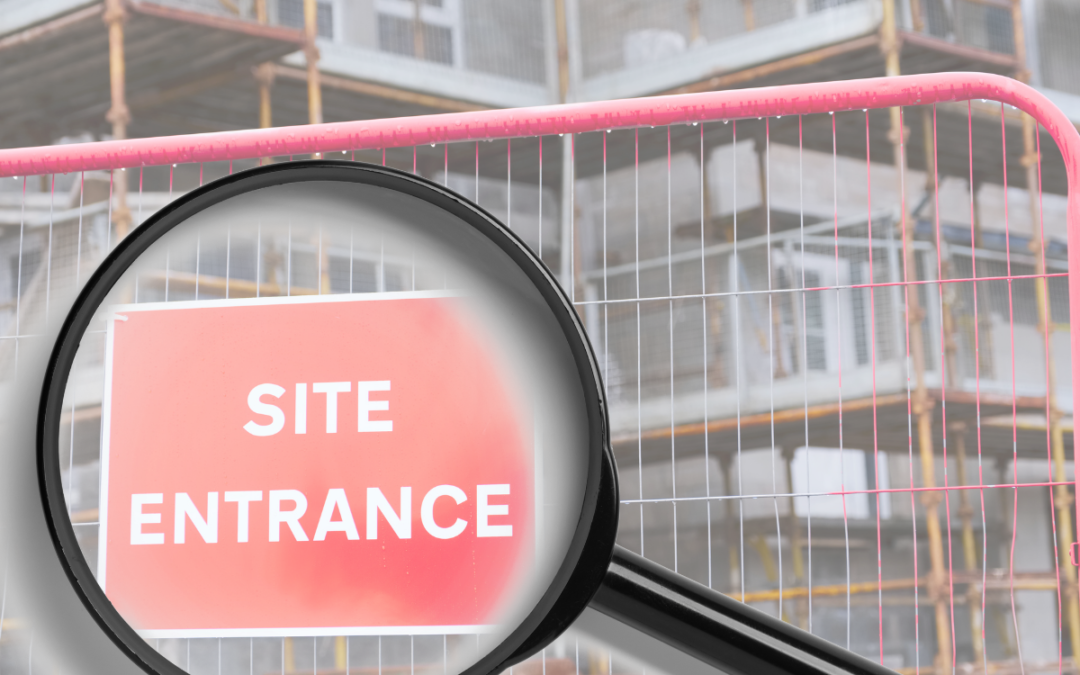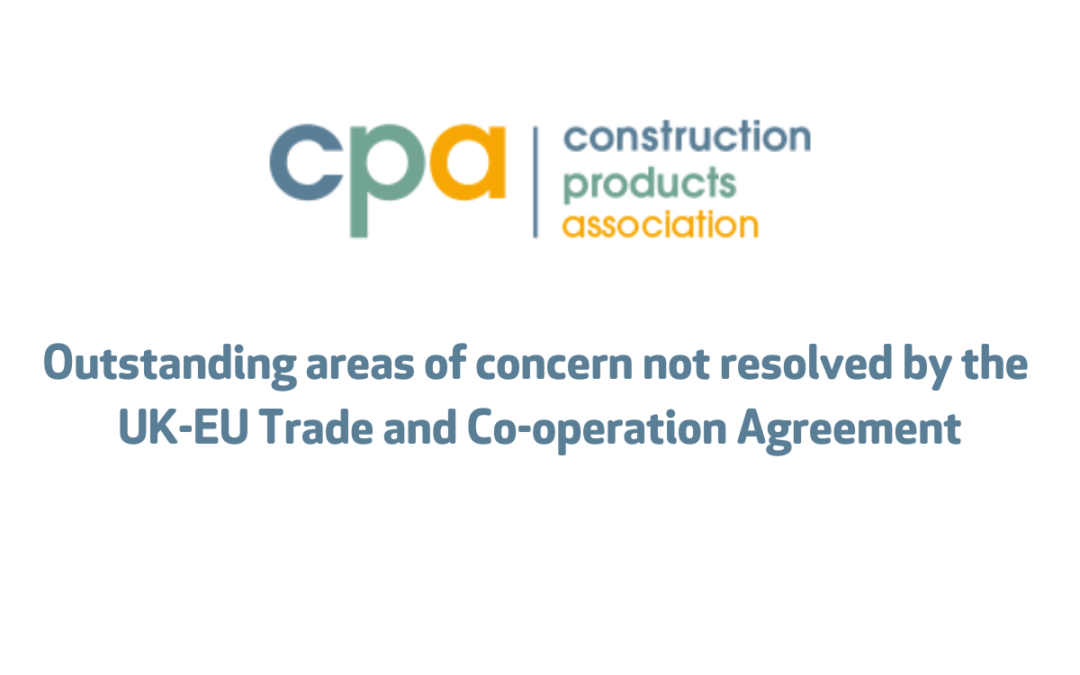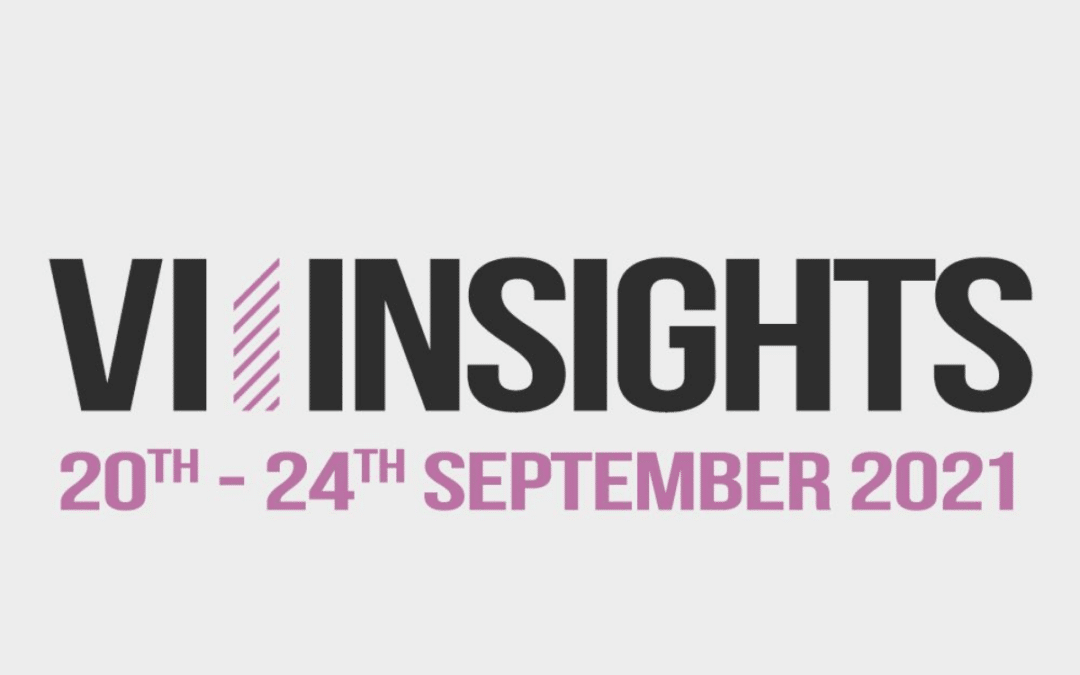
Open Doors isn’t just a chance to Open Doors, but to engage with schools
Recruiting the next generation is vital if we are to maintain the pipeline of talent coming into the industry and one of the best ways to show young people the fantastic work we do is through Open Doors! This year’s event is now less than three weeks away and we are encouraging members to open up their sites, offices and other workplaces or to host an online event from Monday 4 ‐ Saturday 9 October.
There are already more than 140 events registered and if your organisation is yet to get involved what are you waiting for! Please help us to showcase the diverse range of opportunities the industry has to offer by uploading your sites and virtual events on the Open Doors website by next Friday 24 September.
If you can’t offer an event or Open a site, you can still get involved, below is an example of an email prepared by FIS that you could send to your local school (you can find the events near or accessible to you via this link).
I wanted to flag up an initiative that might be of interest to some of the kids at XX School. It is something we are supporting as a business to help young people to understand the opportunities in Construction.
Open Doors goes behind the site hoardings to showcase the fantastic range of careers available in construction. From Monday 4 until Saturday 9 October 2021, we will be offering site visits across the UK as well as a wide range of live virtual experiences, such as ‘meet the apprentice’.
So whether you are thinking about a new career or just curious to see how the buildings and structures in your community are constructed – Open Doors has something for you.
Anyone interested in finding out more about the industry and what it has to offer can book their place on any number of exciting events hosted by Build UK, its members and partners.
A site close to us that may be of particular interest is Millford Green – Net Zero Carbon Retirement Village. I checked the details and groups of up to 10 can go for a 90 minute visit. There are others that you can see through the website here.
Even if just something you can communicate to the kids as an opportunity would be much appreciated. There are an amazing array of careers in construction, in trade, professional and supporting roles, a big focus now is sustainable improvement and Millford Green will be a great insight into how this is playing out in the sector.
Remember to direct this email FAO of “Careers Lead” if you do not have a named person – remember every secondary school or FE College now must have a member of staff (teaching or non teaching) that is the main contact for careers information.
We urge all members to reach out to their local schools. There are a number of initiatives to support you, for example Build UK has produced a two-minute film encouraging members to become STEM Construction and Built Environment Ambassadors or Employers.
For FIS Careers Guidance click here – if you are involved in any schools outreach programmes or initiatives that have been successful or wish to discuss tactics for optimising your work in the local community, don’t hesitate to call FIS on 0121 707 0077 or email info@thefis.org





